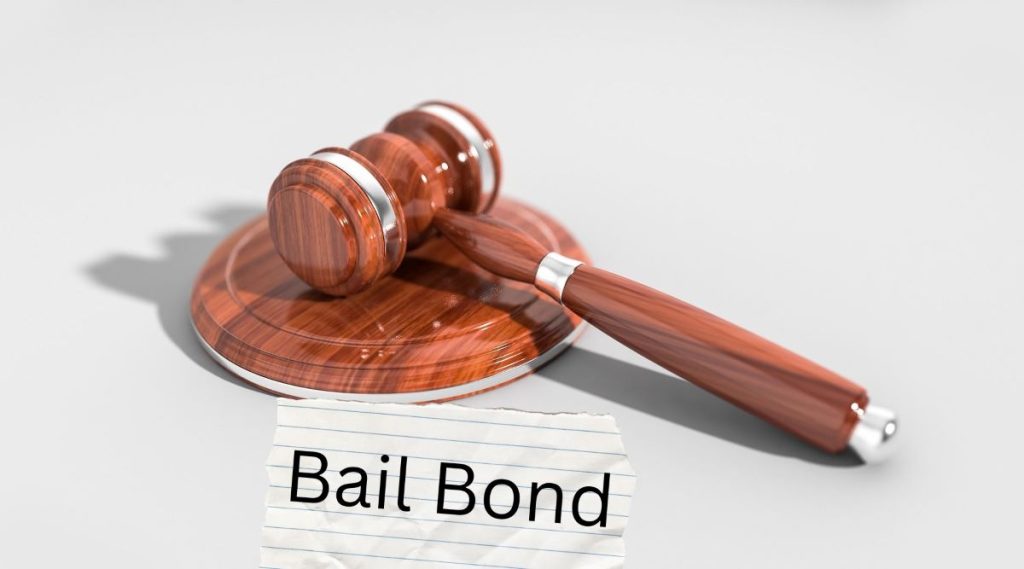
Navigating Pennsylvania’s bail bond system can be a daunting task for individuals unfamiliar with the legal process. Nonetheless, with insights from a leading bail bond company, understanding how the system works becomes more manageable. In pennsylvania bail bond company, as in many different states, the bail bond system serves as a means for defendants to secure their release from custody while awaiting trial. A bail bond is a financial guarantee given to the court that the defendant will appear for all scheduled court proceedings.
How do bail bonds work in Pennsylvania?
At the point when someone is unable to afford everything on bail set by the court, they can go to a bail bond company for assistance. The bail bond company charges a non-refundable expense, typically a percentage of the total bail amount, to post bail on behalf of the defendant. This expense serves as the company’s benefit for taking on the financial risk associated with the bail bond.
Types of Bail Bonds in Pennsylvania

Pennsylvania offers various types of bail bonds, including cash bail, surety bonds, and property bonds. Cash bail requires the defendant to pay everything on bail directly to the court. Surety bonds include a bail bond company vowing to pay the full bail amount on the off chance that the defendant fails to appear in court. Property bonds allow the defendant to use real estate or other valuable property as collateral to secure their release.
Legal Rights and Obligations
In Pennsylvania, defendants have legal rights regarding bail bonds, including the right to reasonable bail, the right to legal representation, and the right to a bail decrease hearing in the event that the court sets an excessive initial bail amount. It’s essential for defendants to understand their rights and obligations while dealing with bail bonds to avoid potential consequences such as bail bond violations.
The pennsylvania bail bond company can be mind-boggling, yet with insights from a leading bail bond company, individuals can navigate the process all the more successfully. Understanding how bail bonds work, the various types available, and legal rights and obligations is crucial for anyone associated with the legal system.
